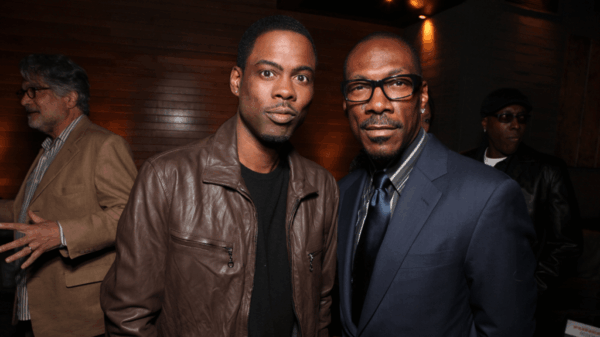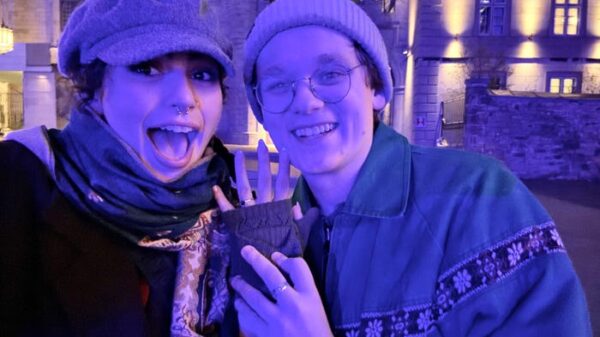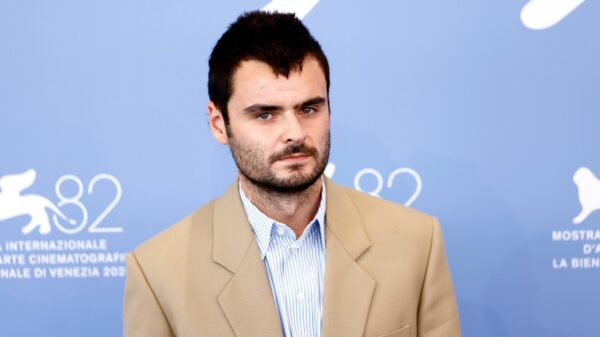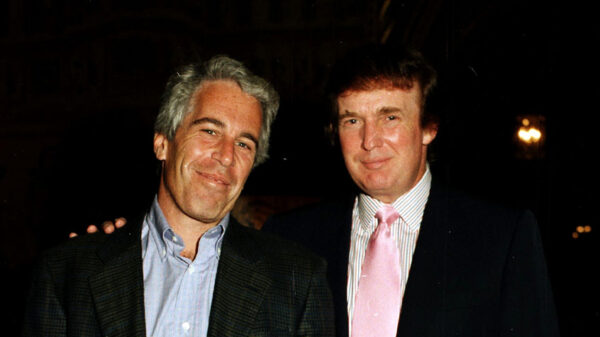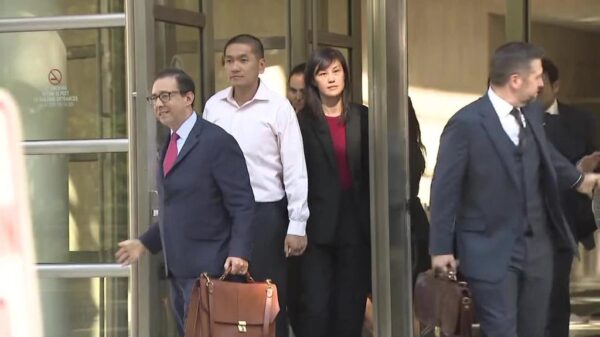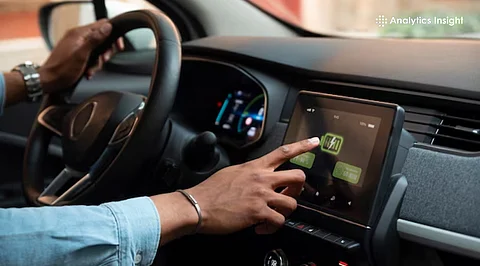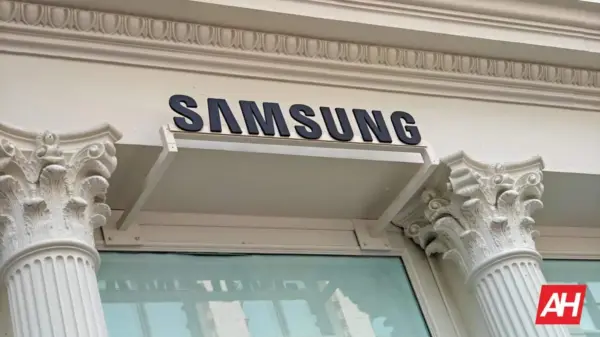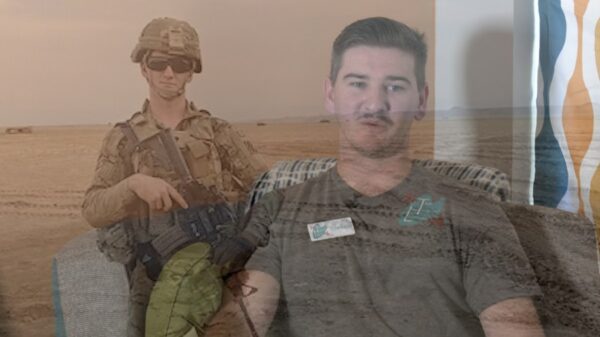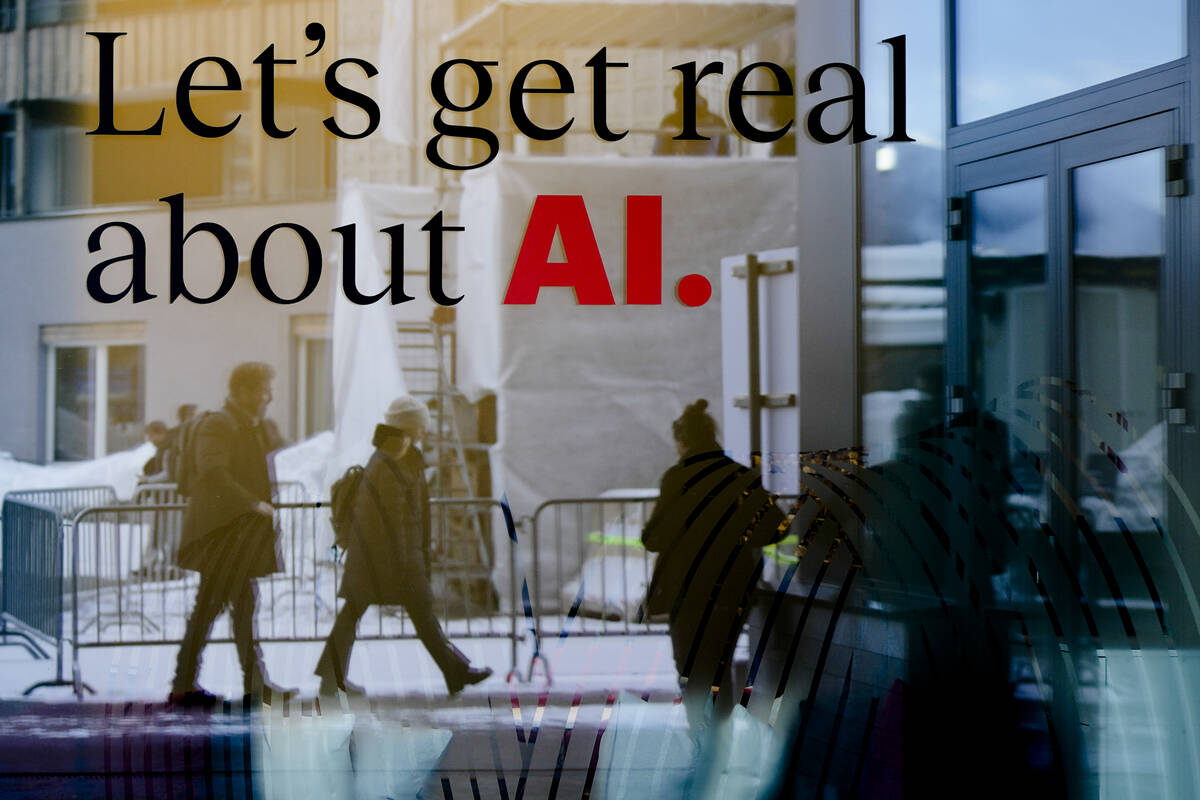The rise of artificial intelligence (AI) has sparked a profound debate about its implications for society. Christine Flowers, a columnist, draws a parallel between AI and the classic horror film, Invasion of the Body Snatchers. She expresses concerns about the erosion of authenticity in human interactions, fearing that AI may be a deceptive force that alters our perception of reality.
In her commentary, Flowers reflects on the impact of AI on education and creativity. As a former teacher, she notes that the ability to discern genuine work from AI-generated content has become increasingly challenging. The technology has advanced to a point where it can mimic human writing styles so closely that it raises questions about originality and integrity in student submissions.
Flowers recounts a personal experience with ChatGPT, where she requested a piece written in her own style about the pope. The result was alarmingly similar to her previous work, prompting her to delete it. This incident serves as a reminder of the unsettling potential of AI to overshadow human creativity and make individuals feel irrelevant.
While some may argue that AI offers significant benefits, Flowers cautions against underestimating its risks. She describes a recent interaction with Meta, another AI platform, where she generated numerous virtual versions of herself. Although the images were visually appealing, they lacked the essence of her true self. Flowers noticed that the digital representations had an unsettling, lifeless quality, reinforcing her belief that AI can create illusions that mask reality.
The writer contrasts the allure of AI-generated perfection with the inherent flaws of human existence. She argues for the value of embracing our imperfections, emphasizing that being human involves mistakes and authenticity. The fear of losing individuality in favor of idealized avatars is a central theme in her critique of AI’s growing influence.
As society continues to navigate the complexities of AI integration, Flowers advocates for a balanced perspective. While acknowledging the advancements in technology, she urges a critical examination of its effects on personal relationships and societal values. The challenge lies in harnessing AI’s capabilities without sacrificing the core of what it means to be human.
In conclusion, the emergence of AI presents both opportunities and challenges. The conversation around its impact on authenticity and human connection has only just begun, and it is crucial to remain vigilant as we move forward in a rapidly evolving technological landscape.



